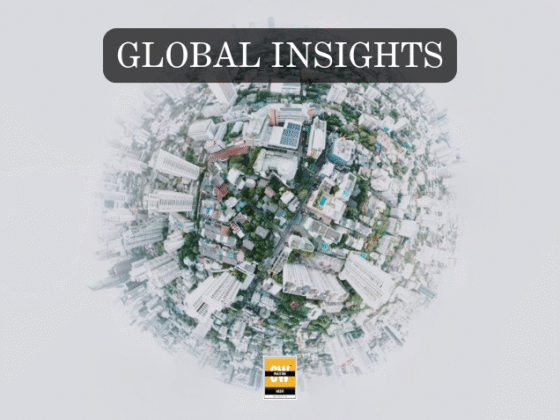European scientists have developed an artificial intelligence (AI) model capable of predicting future illnesses years before symptoms appear, a development that could significantly shift approaches in modern medicine. The system, named Delphi-2M, was detailed in a paper published in Nature on Wednesday. Using the same transformer architecture that powers consumer chatbots like ChatGPT, Delphi-2M analyses medical histories to estimate the likelihood of more than 1,000 diseases, offering a level of predictive breadth not previously available in standard healthcare models.
Moritz Gerstung of the German Cancer Research Center, a co-author of the study, explained that Delphi-2M effectively “reads the grammar of healthcare,” learning how diagnoses occur in sequence and combination to make meaningful predictions about potential future conditions. Researchers trained the AI using data from the UK Biobank, which holds medical details of half a million individuals, and tested its accuracy against Denmark’s national health records covering nearly two million people. Early results demonstrated the model’s ability to flag patients at unusually high or low risk for conditions like heart attacks when compared with conventional age-based predictions, suggesting potential for targeted preventative interventions.
Tom Fitzgerald of the European Molecular Biology Laboratory noted that such predictive capabilities could help optimise resource allocation in healthcare systems already facing significant strain. The model differs from traditional risk calculators, such as Britain’s QRISK3, which focus narrowly on cardiovascular disease. Delphi-2M’s ability to assess thousands of potential illnesses simultaneously offers the potential to monitor a wider patient population and intervene proactively. Ewan Birney, another co-author, highlighted that the model opens doors to preventative medicine on an unprecedented scale, while Gustavo Sudre, a medical AI professor at King’s College London, described the project as a significant step toward scalable, interpretable, and ethically responsible predictive modelling.
Experts caution, however, that the datasets used to develop Delphi-2M—primarily from British and Danish populations—are limited in diversity, raising concerns about bias and generalisability. Peter Bannister of the Institution of Engineering and Technology stressed that while the tool shows potential, it remains a long way from being ready for clinical application. Despite these limitations, Delphi-2M demonstrates a shift in healthcare focus from reactive treatment to proactive prevention. The model could enable doctors to monitor high-risk patients earlier, intervene before critical events occur, and alleviate pressure on overburdened healthcare systems. Researchers emphasise that further testing, validation, and ethical oversight will be essential before AI-driven predictive tools like Delphi-2M can be integrated into everyday medical practice.
Follow the SPIN IDG WhatsApp Channel for updates across the Smart Pakistan Insights Network covering all of Pakistan’s technology ecosystem.






